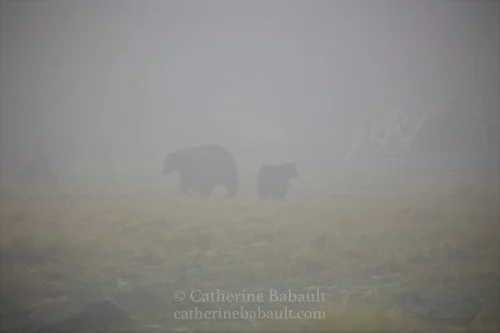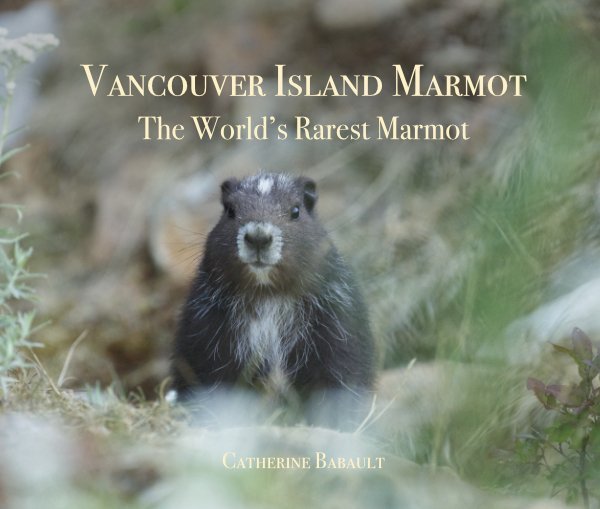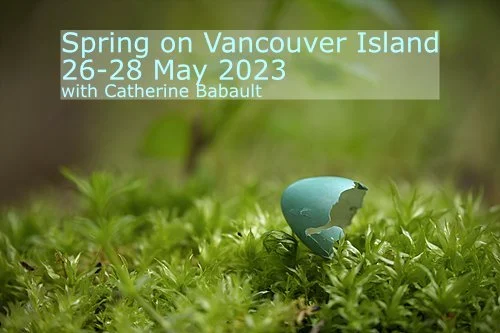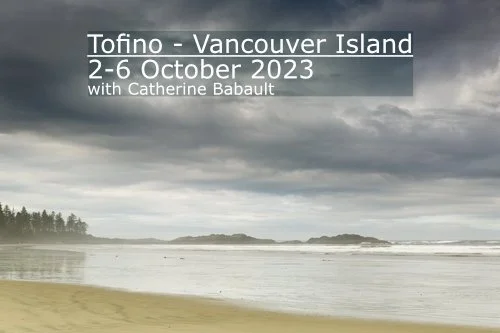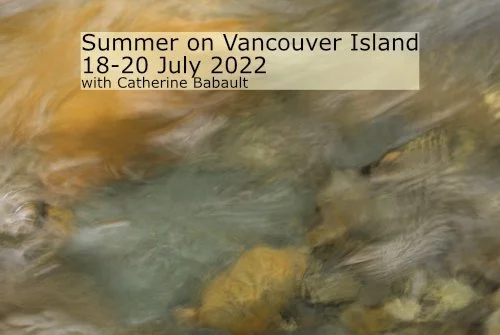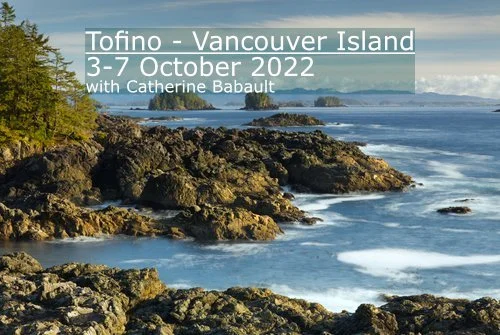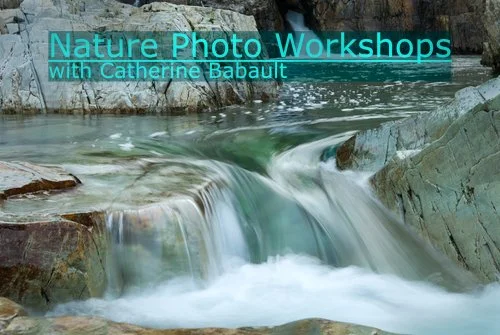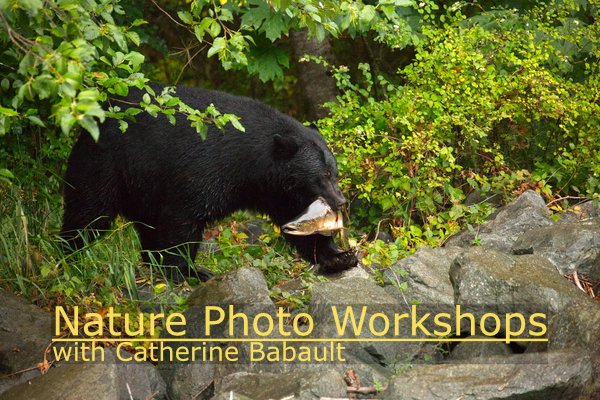I was born and grew up in France before immigrating to Canada in my early twenties. I identify as a Canadian photographer not as a French photographer living in Canada.
I received my first camera when I was ten years old for a school trip to England. When I returned home, I had more pictures of horses in a field than London’s famous landmarks. I always loved nature and animals. At 20 years old, I decided to travel abroad for a few months before settling down and getting a real job. So I bought a backpack and a plane ticket Paris-Montreal. First time on a plane, first trip on my own. In Montreal, I stayed at a friend’s place I met a few months earlier in Paris. I spent three months in Canada and the US backpacking by myself from Montreal to San Diego, California, including a day trip to Tijuana, Mexico. I have been travelling solo ever since because I enjoyed the freedom experienced on my first solo trip.
Traveling solo as a young woman makes you reflect on who you are and what you want to do with your life. No family, friends or partner are there to distract you from your thoughts or to influence your decisions. When you are in a foreign country on your own as a woman, you also have to be aware of your environment and trust yourself: no matter the situation, you will find a solution. That trip across North America set the course for the rest of my life: I decided that I wanted to keep traveling, discover other cultures and see various landscapes and wildlife.
Since I immigrated to Canada a long long time ago, I lived in four provinces but British Columbia is the place where I feel the most at home, especially Vancouver Island. The people, various cultures, landscapes and wildlife are a great source of inspiration and satisfaction. Over the past decades, I had a real job but it was not as satisfying as spending time in nature and photographing wildlife. So when I lost my job in 2018, I decided to follow my dream and become a full-time nature and wildlife photographer. One of my motto is to not have regrets when my time comes. Whether I fail or succeed in my endeavour as a professional nature photographer, at least I would have tried and put all my time and energy into it.
It has now been five years since I started my small business as a nature photographer. I have learned a lot about running a business and also the world of professional photography. The pandemic after only two years in business has definitely slowed things down and had a substantial financial impact. I also quickly realized that the most recognized and celebrated nature and wildlife photographers are men. They dominate the industry, which is already very competitive. Despite those challenges, I love my new real job.
I love learning about wildlife, planning a trip, preparing my gear for an expedition, walking in nature on my own, tracking wildlife, listening to animals in the forest, and the feeling that nature is bigger than me, than us. And when I finally meet the animal I spent all that time researching in the office and traveling and hiking and waiting for in all kinds of weather conditions, and there it is, right in front of me, what an amazing feeling!
One of my most memorable moments as a wildlife photographer was during the salmon run. It took me years to find that perfect spot for bear photography. I was on my own, far from the nearest town or human. Thick fog covered the sea, shoreline and forest. Black bears appeared and disappeared through the dense fog as they looked for a prime spot to get a salmon going up the river. They sat by the water glancing at me once in a while. I kept a respectful distance. All was quiet except for the water cascading down the rocky shoreline. I patiently waited for bears to get a salmon. They then slowly walked back to the forest to eat their meal in peace or feed their cubs. On that day, I felt privileged to be in the presence of such an amazing animal.
Following our dreams can be challenging but it has its rewards, and when my time comes, I won’t have any regrets.


